Sri Lanka, an island nation known for its rich cultural heritage and diverse traditions, has a unique relationship with scents and perfumes that permeates various aspects of its society. From religious ceremonies to daily personal use, the integration of fragrances in Sri Lankan life is a testament to the country’s historical and cultural depth. This article explores the multifaceted role of perfumes in Sri Lankan culture and rituals, highlighting their significance and the traditional practices associated with them.
Historical Context and Indigenous Scents
The history of perfumes in Sri Lanka is as old as the island’s civilization itself, closely linked with Ayurveda, the ancient system of medicine practiced in Sri Lanka and India. The use of natural scents derived from native flora such as sandalwood, jasmine, frangipani, and cinnamon has been documented in ancient texts. These scents were not only used for their pleasant aromas but were also valued for their therapeutic properties.
Sri Lanka’s position along the historic spice routes made it a significant player in the global trade of spices and aromatic resins. This exposure to international trade enriched the local perfume practices, incorporating elements from Arab, Indian, and later European influences into its aromatic repertoire.
Perfumes in Religious Practices
In Sri Lankan culture, perfumes are most prominently used in religious contexts. Buddhism, which is the predominant religion in the country, incorporates scents into various rituals. Fragrant smoke from incense, often made from sandalwood or jasmine, is used in temples and during religious ceremonies to purify the environment, offer respect to the Buddha, and create an atmosphere conducive to meditation and reflection.
Hindu temples in Sri Lanka also use perfumes abundantly, particularly during poojas (prayer rituals) where offerings of flowers and scented water are made to deities. The use of perfumes in these rituals is believed to please the gods and can act as a medium to invoke divine presence.
Cultural Celebrations and Personal Use
Perfumes also play a significant role in cultural celebrations, weddings, and other festivities in Sri Lanka. During traditional Sinhalese weddings, the bride and groom are often adorned with scented oils and fragrant flower garlands, which signify purity, beauty, and a welcoming of good fortune. The use of specific scents can vary depending on regional traditions and personal family customs.
On a personal level, the use of perfumes reflects the Sri Lankan appreciation for being presentable and respectful in daily interactions. Applying scented oils and perfumes is a daily ritual for many, considered both a personal grooming practice and a way to show respect to others.
Modern Adaptations and the Perfume Industry
In contemporary times, the perfume industry in Sri Lanka has evolved to include both local and international scents. While traditional fragrances remain popular, there has been a growing interest in branded perfumes and colognes, influenced by global trends and the increasing exposure through media.
Local entrepreneurs and businesses are also exploring ways to commercialize traditional scents, creating perfumes that appeal to both local and international markets. This not only helps preserve traditional practices but also promotes Sri Lanka’s aromatic heritage globally.

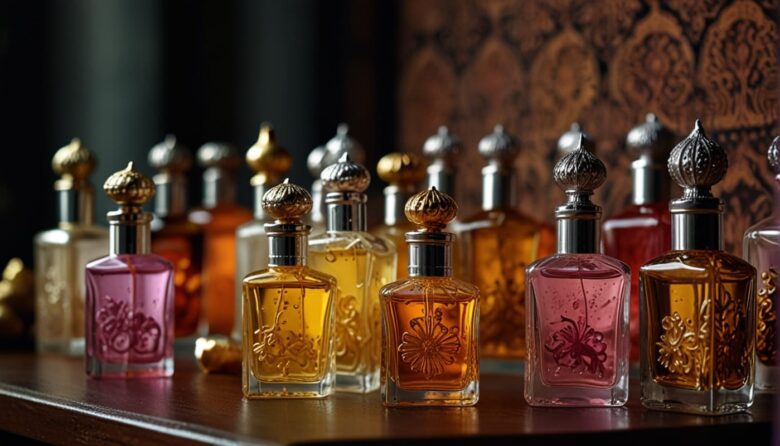
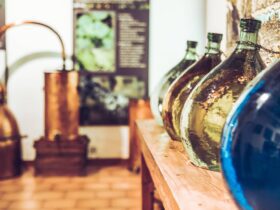
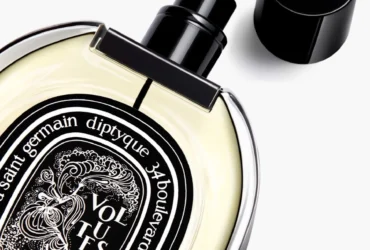
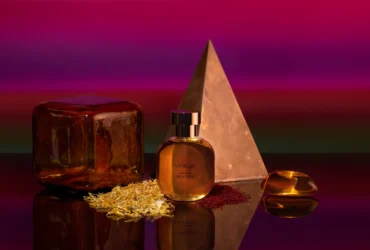
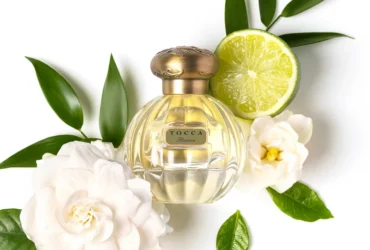
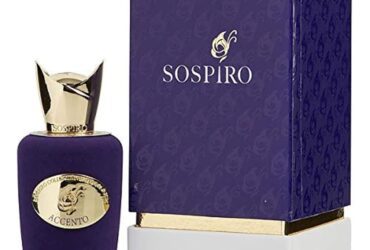
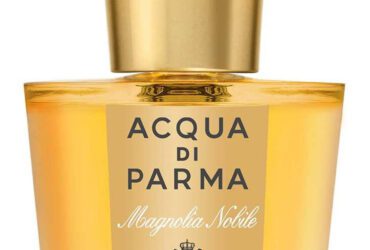
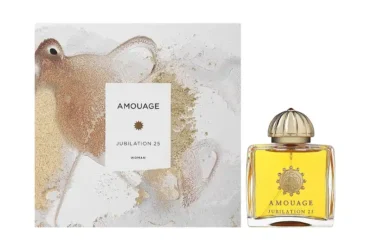

Leave a Reply